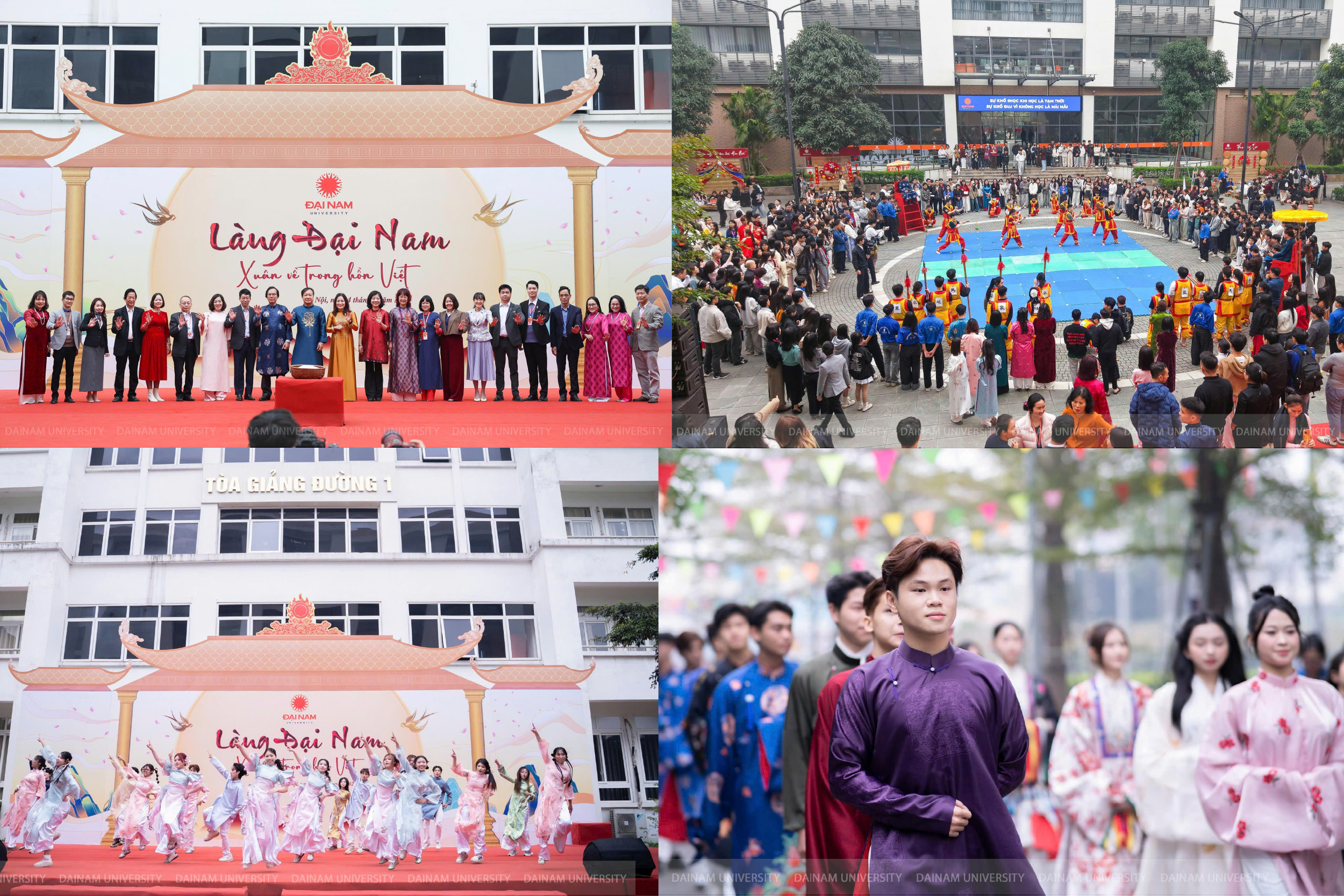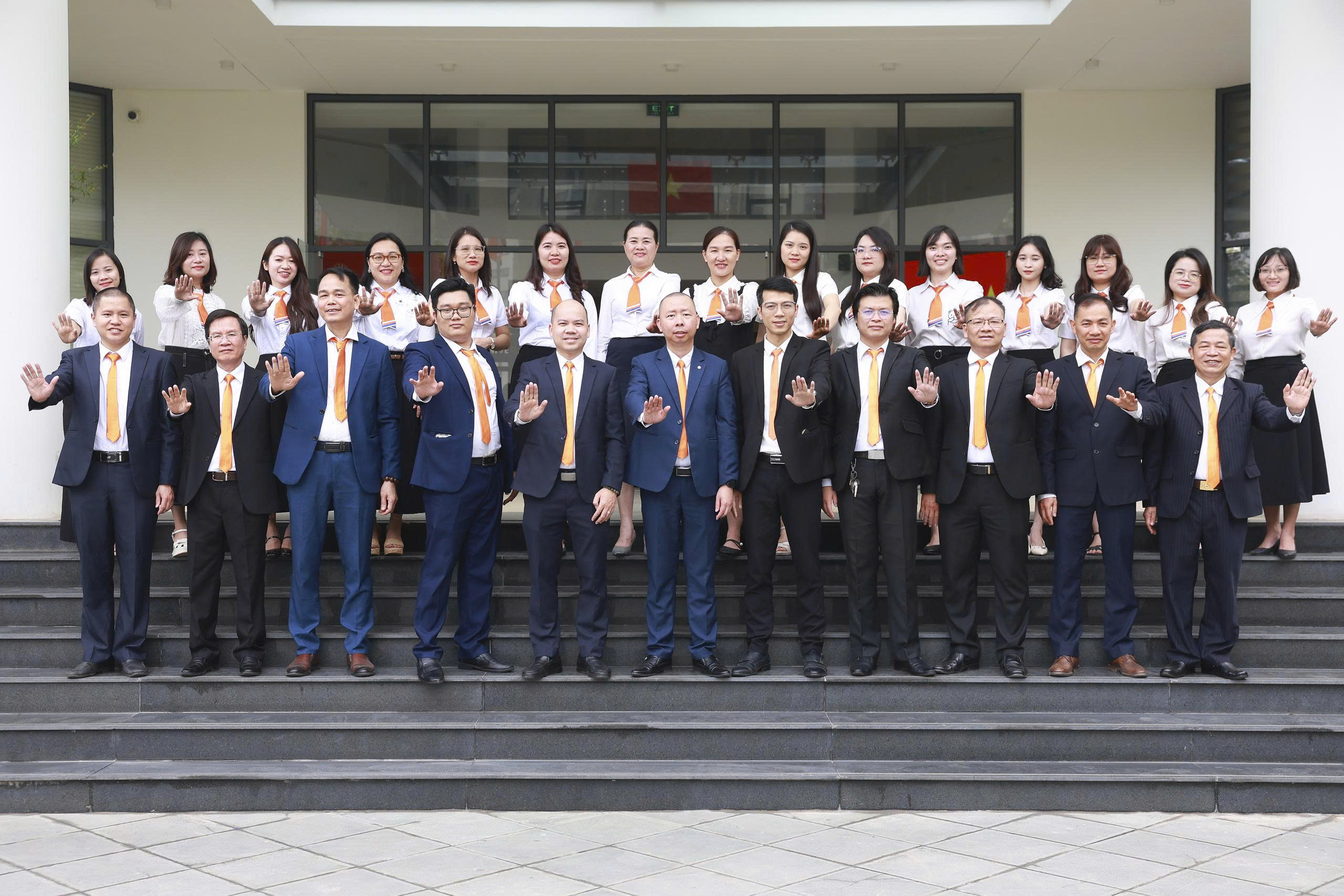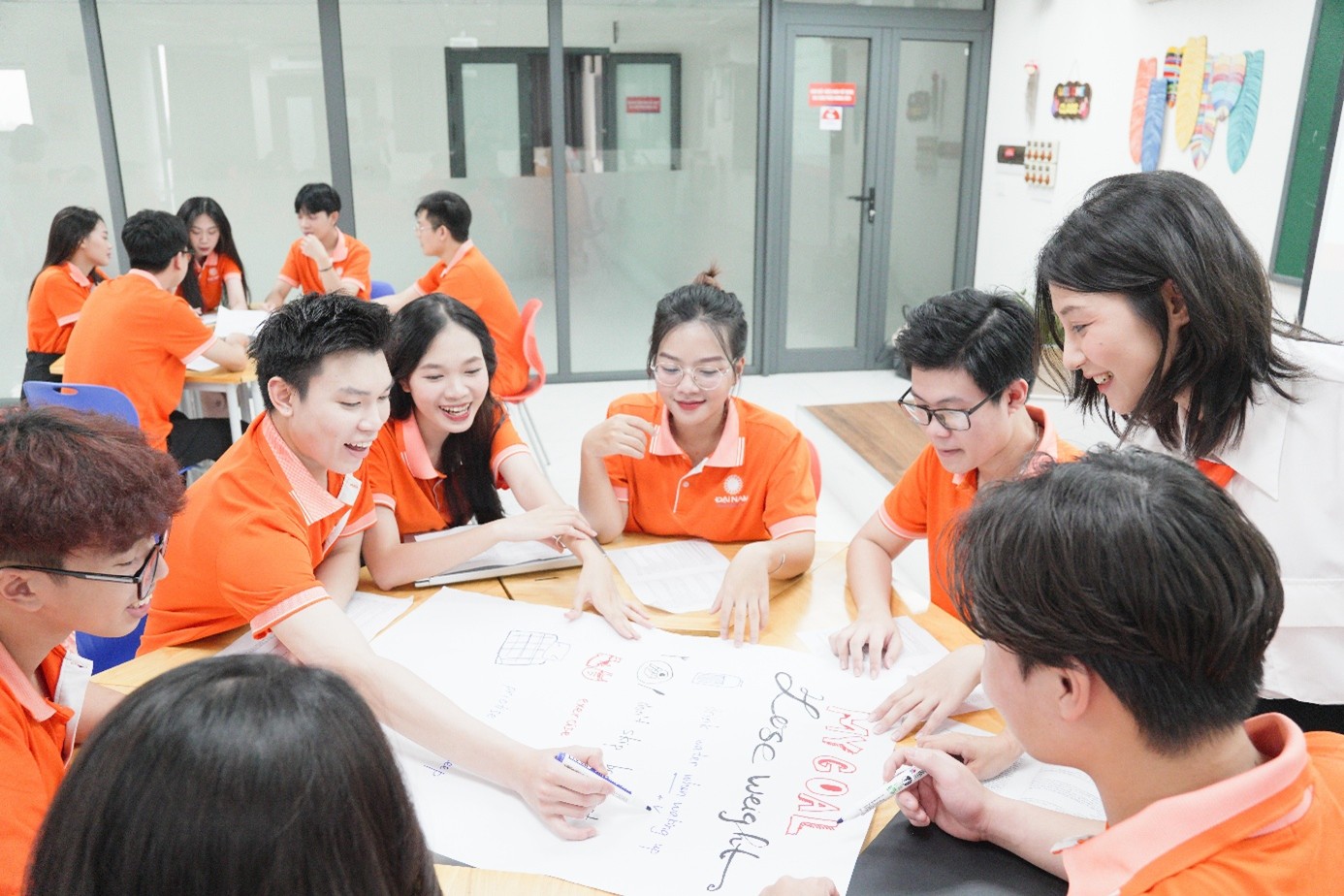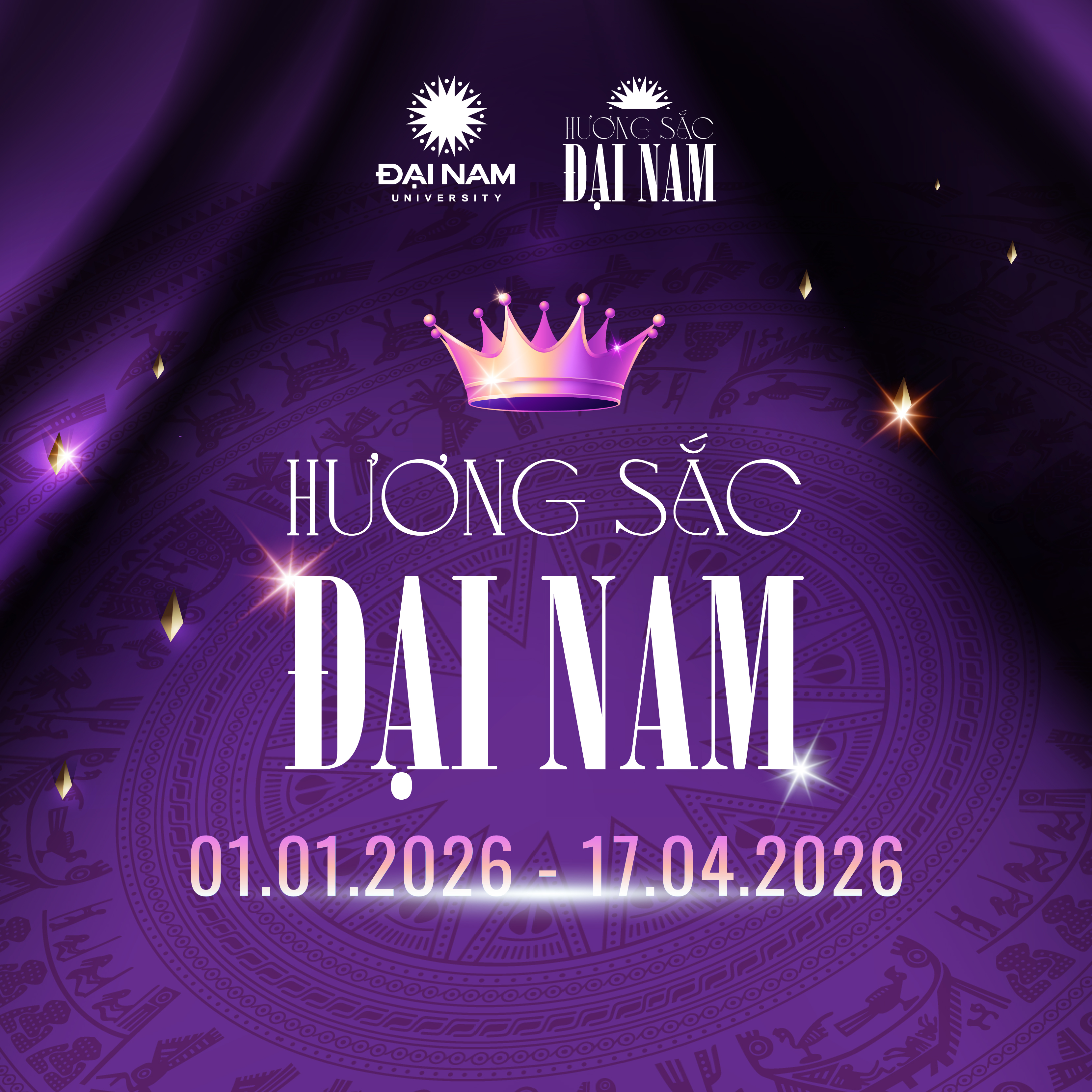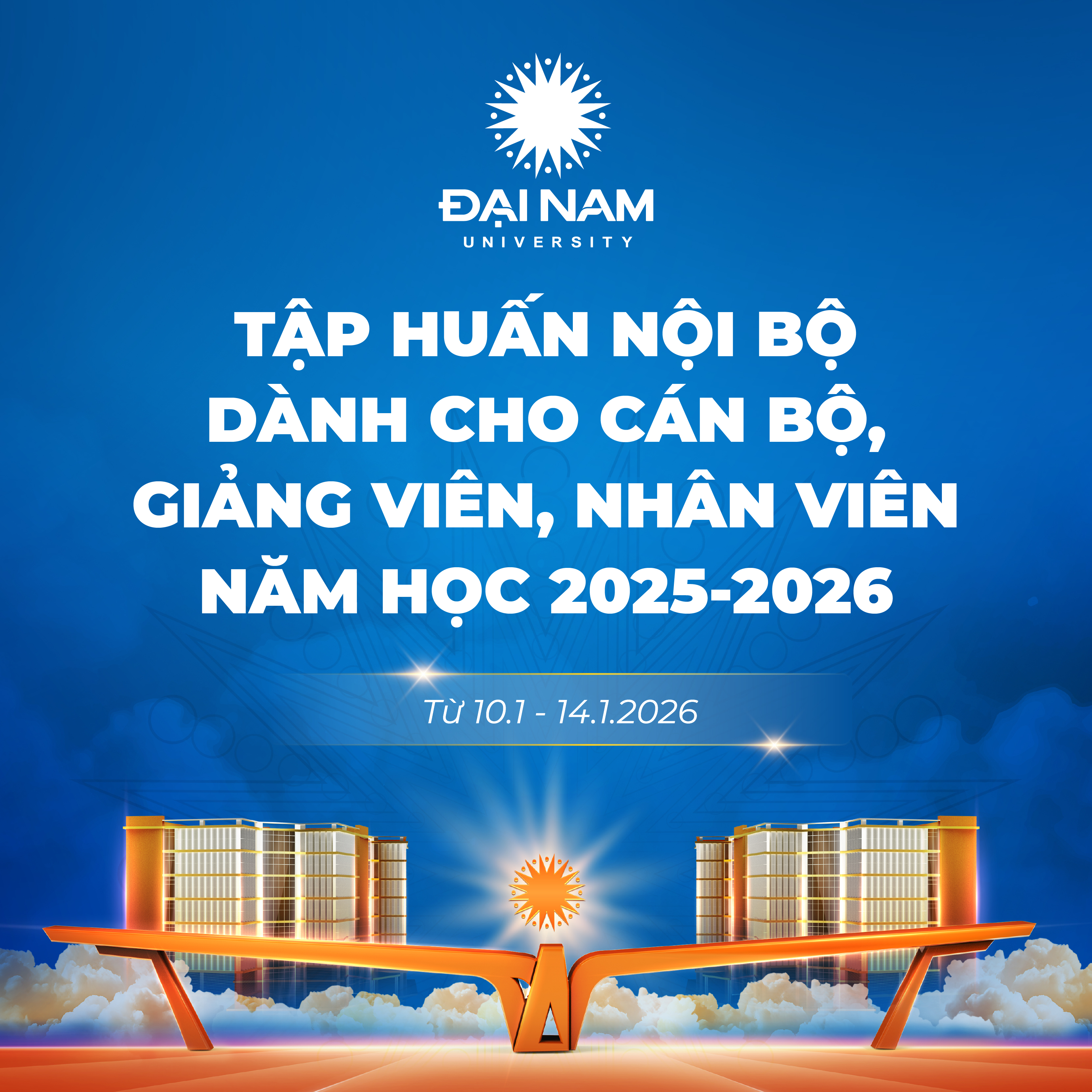11.5% of young people “pause” – is it their fault or an education system that focuses too much on degrees?

Perhaps many people are startled when updating the numbers: 11.5 % of young people aged 15 to 24 in Vietnam (NEET) are "on hold" - not studying, not working, not being oriented towards the future... That is not just a number, but a mirror reflecting an education system that still emphasizes degrees over abilities, exams over experience. When learners lose their way, perhaps it is time for the education system to relearn how to listen.
Reasons why young people "pause"
NEET (short for Not in Education, Employment, or Training) is a term used to refer to young people who are not in school, do not have a job, and are not participating in any training or skills development programs.
According to the General Statistics Office, in the third quarter of 2025, Vietnam had about 1.6 million people aged 15–24 falling into the NEET group, accounting for 11.5% of the total youth population. Notably, the number of unemployed people of working age also increased by more than 222,000 people compared to the previous quarter and increased by 183,000 people compared to the same period last year. Most of this group are young people “standing at a crossroads” — some have just graduated but are struggling to find a job; some have dropped out of school, not continuing their training, not working, and gradually falling into a “pause” state.
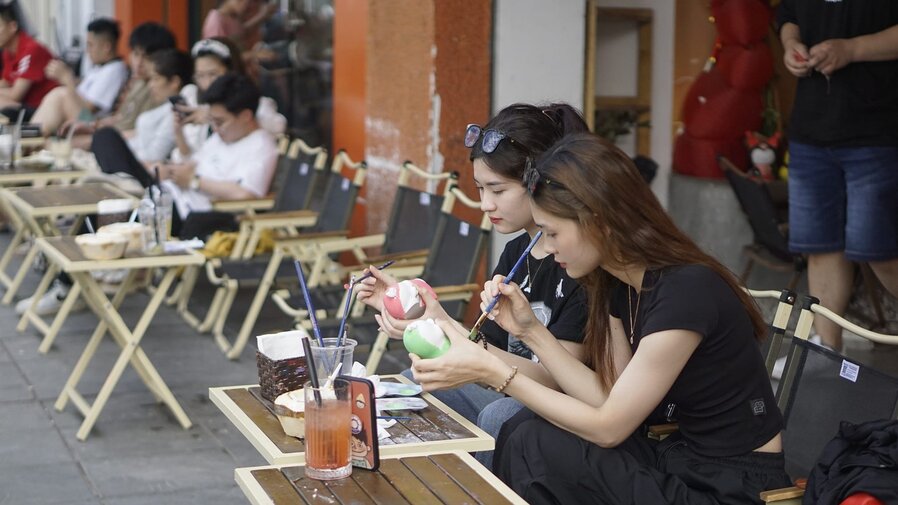
Illustration photo. Source internet.
Many people don't know what they are studying for or where they are going because they grow up in a system that always talks about success, but rarely teaches how to find meaning in effort.
Pressure from family, society, and social networks makes them afraid of making mistakes, afraid of being inferior, afraid of not meeting other people's standards of "must be good, must be successful".
When their confidence is shaken and their motivation to study decreases, they gradually withdraw into themselves – no longer seeing studying as a path to the future, but just a tiring race to please someone.
Meanwhile, education still focuses more on degrees than abilities, knowledge is far from reality, causing many young people to be good at theory but lack application skills, lack opportunities to try, do, make mistakes and do it again.
The career gap makes them not know what career is suitable for them, what their strengths are; and social networks make them compare themselves with others, easily confused, self-conscious and lose themselves.
Many people also lack life skills, the ability to manage emotions, time, and goals, so when they fall, they don't know how to get up.
They don't need pity, nor judgment, they just need an education system that listens, guides and gives them the opportunity to start over.
Young people "pause" not because they are lazy, but because they have not been helped to find direction, faith and meaning in learning.
And it is the responsibility of education to awaken potential, ignite aspirations and lead them back to the journey of adulthood.

Illustration photo. Source internet.
Young people "pause" not because they are lazy, but because they have not been helped to find direction, faith and meaning in learning.
When education is still heavy on degrees and light on ability
For many years, most of the education system has operated on a “selective” model: find the best people, the highest scores, and eliminate those who “do not meet the standards”.
But modern university education is not a selection test, but a journey of human development.
A good university not only prides itself on having high student intake, but on having the power to transform ordinary people into better versions of themselves.

Illustration photo - Source internet.
University is not a place to judge ability, but a place to unlock potential. Not to “measure intelligence”, but to “nurture ambition”.
If university only focuses on teaching theoretical knowledge but ignores practical ability, professional skills and adaptability, the consequences will be:
- Coal companies lack skilled workers, but students are unemployed.
- Students have good degrees, but do not have real jobs, because the training program is not closely linked to practice, and does not reflect the needs of the labor market.
- Education follows "output standards" on paper, but has not really touched the "input of life".
And so, there are young people who stop not because they are weak, but because they have not found the true meaning of learning.
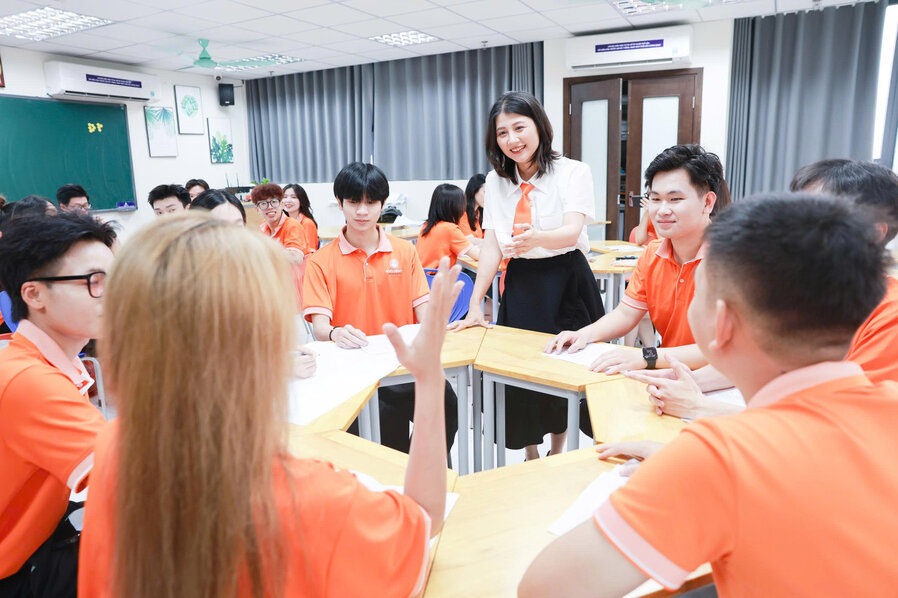
University education is not just about imparting knowledge, but about helping learners find their own values.
Education knows how to "accompany" instead of "teach"
University education is not just about imparting knowledge, but about helping learners find their own values.
A true education must:
- Link training with job needs and actual capacity.
- Create space for trial – error – correction – growth.
- Help learners understand themselves, choose their own path and take responsibility for their choices.
University is not only for good students, but also for those who want to grow up. Therefore, a good university does not only produce graduates with degrees, but also must produce people with capacity, character and ambition.
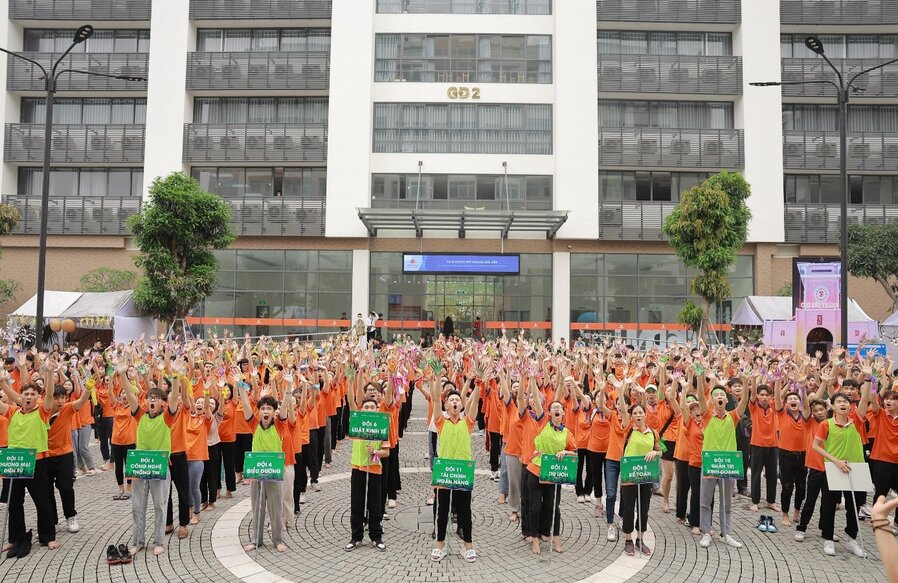
Dai Nam University students study closely with experience.
When real education - real work - real value
When schools bring businesses into the classroom, expose students to practice, and bring life skills alongside expertise, then students are truly "prepared for life".
Training must go hand in hand with experience.
Knowledge must go hand in hand with action.
And the degree must come with real practical value.
A student may not excel in exams, but if they know what they are passionate about, what they are good at and know how to make constant efforts, they deserve to be called successful people.
Humanistic education is education that does not exclude, but awakens the potential in each person.
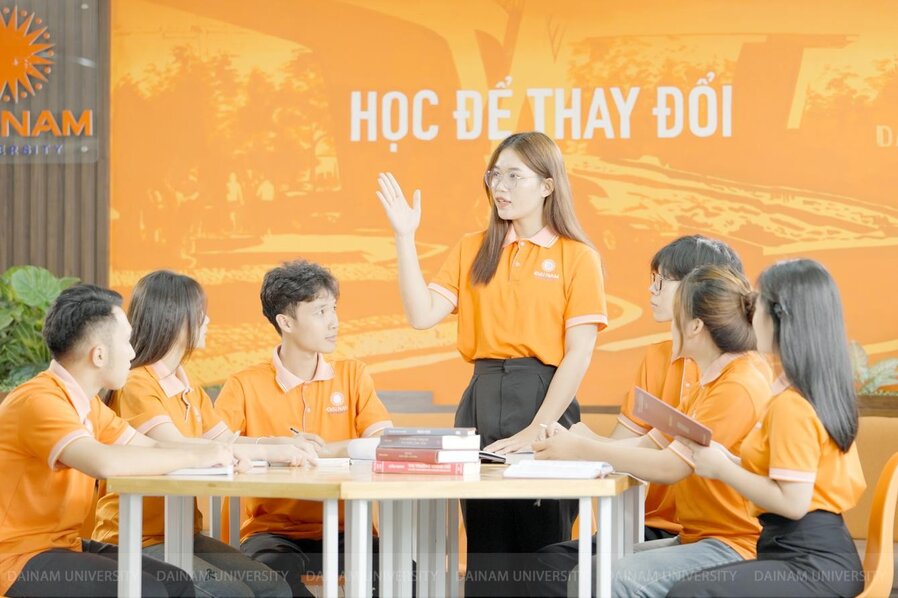
Dai Nam University accompanies – respects differences – unleashes potential – creates individual values so that each student can become the best version of themselves.
Dai Nam University - where every student has the opportunity to grow in their own way.
At Dai Nam University, education does not focus on entrance scores, but rather on the journey out, the journey for each person to become the best version of themselves.
The school is not looking for perfect people, but for those who are willing to change, dare to learn, dare to make mistakes and dare to try again.
Each student is listened to, guided, and encouraged to discover their own hidden potential – learning to understand themselves, to live confidently and usefully.
Education, for Dai Nam, is not about choosing the best, but about helping each person become better than themselves.
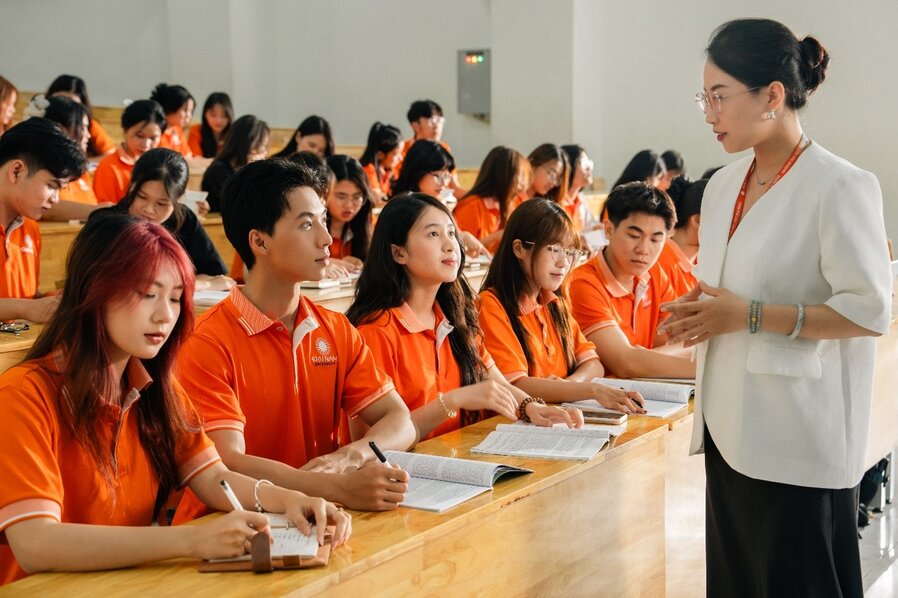
At Dai Nam University, every class hour is a conversation, where teachers and students learn and grow together.
University is not a narrow door to choose, but an open path to accompany – helping young people have more opportunities to start over, go further and live more meaningfully.
Because when each student shines in their own way, that is when education fulfills its mission: nurturing people, cultivating the future and creating a sustainable learning society.
HTC

